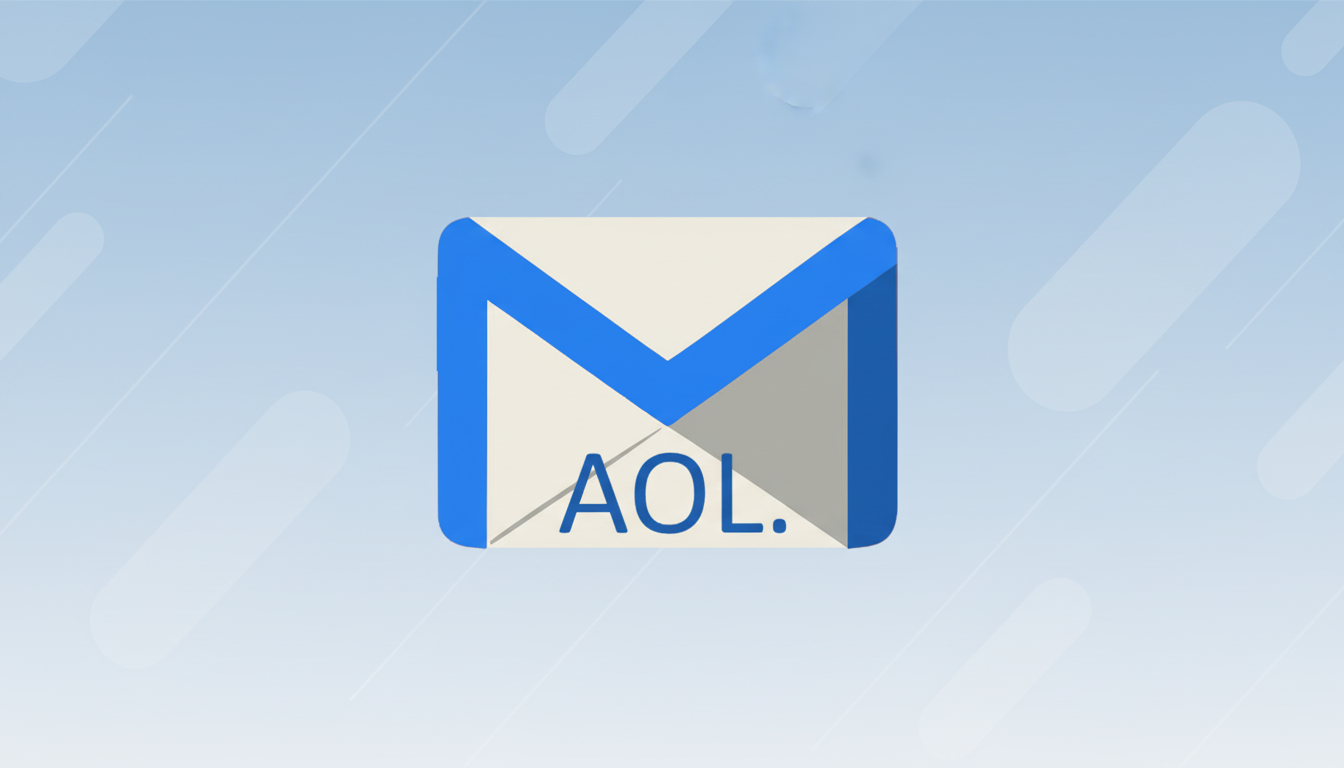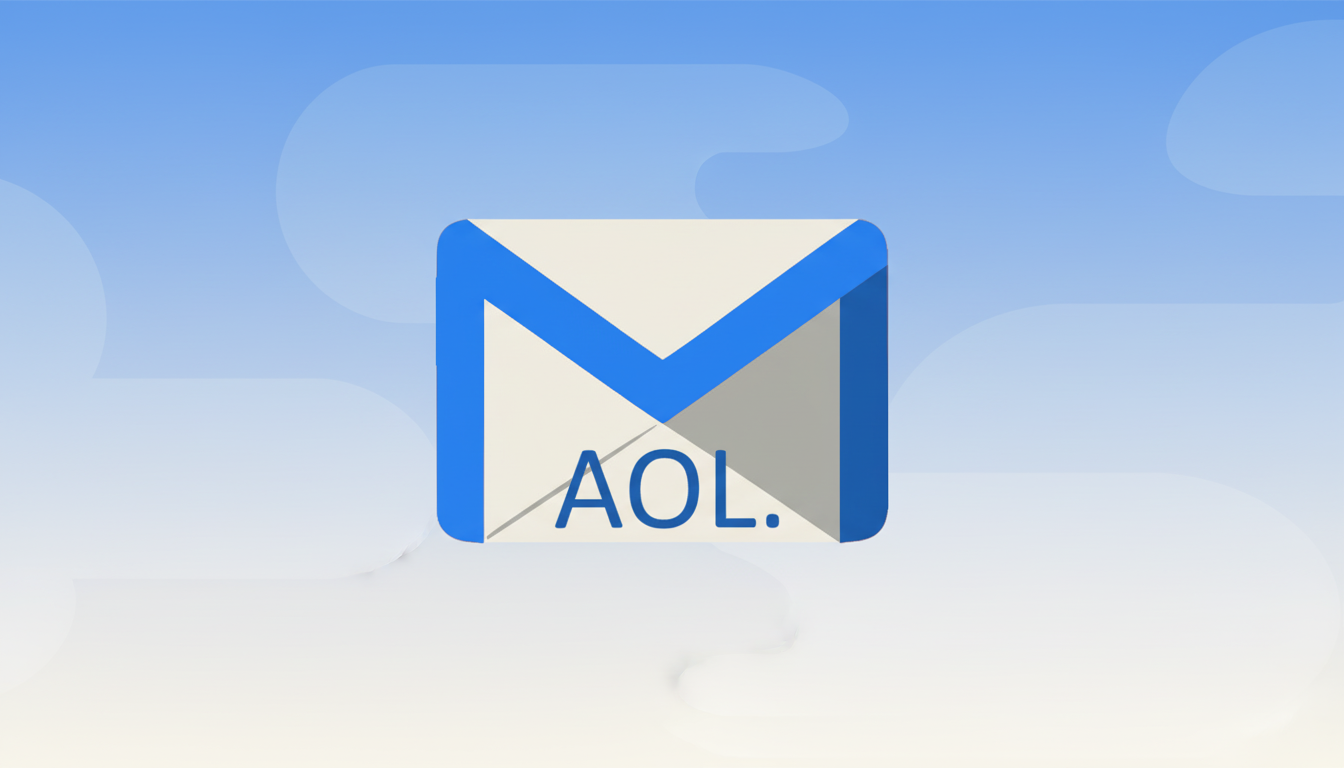Bending Spoons, the Italian app developer, has negotiated a deal to buy AOL from Yahoo for $1.5 billion, spending and growing its revenue on consolidating Evernote and, pending, Vimeo.
AOL’s user base and profitability attract the buyer
The focus has been on one of the earliest consumer email franchises on the net, an existing massive but peculiarly reputable user base, and an active cash engine in plain sight. AOL is far removed from the days of dial-up internet but remains a sticky email and consumer offering.
- AOL’s user base and profitability attract the buyer
- Bending Spoons’ acquisition strategy and recent deals
- Operational focus for AOL following the acquisition
- Potential upgrades and strategic advantages ahead
- Competitive landscape and execution risks to watch
- What the deal could mean for AOL’s loyal customers

Bending Spoons co-founder and CEO Luca Ferrari notes that AOL is one of the largest email providers in the world, with around 8 million daily and 30 million monthly active users. That amount of commitment is uncommon, and it’s marketable in mature internet markets. Money-wise, AOL is still profitable. According to a Wall Street Journal report, it has over $500 million in earnings and $400 million in net asset value. This is the profile that justifies the steep acquisition price for an industry that most people assume has been left behind.
Bending Spoons is financing the acquisition of AOL within a wider capital structure of $2.8 billion in commitments. Utilising consistent, subscription-like cash income to support mergers is a typical private market practice, but it raises the bar for expectations. Integrating a legacy email business while maintaining a considerable debt commitment requires real operational effectiveness.
Bending Spoons’ acquisition strategy and recent deals
Yahoo, under its broader consumer media purview, has owned AOL for years. This time, the buyer is Bending Spoons, with the aim of keeping AOL’s addressable base engaged as well as finding new ways of monetising in a high-rate financing ecosystem. Several stalwart digital brands have been acquired by Bending Spoons, illustrating the new conglomerate’s approach.
In 2022, the company acquired Evernote and FiLMiC, whereas it added Meetup, StreamYard, and WeTransfer in 2024. Earlier this year, it concluded an acquisition agreement with Brightcove, and in a very recent move, announced the intention to acquire Vimeo. AOL certainly fits into this digital-brand acquisition strategy.
Operational focus for AOL following the acquisition
While it may not look as appealing as a few of the others at first glance due to its reputation as a somewhat rusty version of its former self, there is still space for optimisation. Bending Spoons’ frequent programme with these deployments is steadfast: stabilise the firm’s core products, cut spending, and speed growth. Since its acquisition of Evernote, the emphasis has been on strengthening the foundation and releasing new products; however, the Bending Spoons team has launched only one innovation.

AOL’s future investment will be equally conventional: email delivery, cyber protection, storage, and mobile experiences. Current AOL users will also notice changes in this cost-cutting process. Recently, AOL went out of business after three decades of operation. Though the majority of the product emphasis today is email and support bundles, it is thought that the firm has over a million active customers paying for security applications and technical support. Certain areas to expand the mainline products business include cross-selling and reaching a previously untapped consumer base through refreshed product packaging.
Potential upgrades and strategic advantages ahead
Expect attention to reliability and safety, where Bending Spoons has already demonstrated experience in consumer apps like Remini and productivity tools. The most obvious near-term changes will be practical upgrades:
- Faster inbox performance
- Improved spam and phishing protection
- More cloud storage
- Cleaner mobile applications
Trust in the @aol.com ID will be critical and complex if a back-end shift is necessary away from the Yahoo-operated infrastructure. Strategically, AOL provides Bending Spoons a high-retention funnel for subscriptions, which is less reliant on the unpredictable nature of social media and search algorithms. An active email audience can drive further development of adjacent services, from data delivery and video tools through online communities to the live-streaming facilities that Bending Spoons already owns.
Competitive landscape and execution risks to watch
The risks, therefore, are comprehensive but knowable. The email market is a focus, with Gmail, Outlook, and Yahoo Mail dominating and with little margin to gain share. A rough setup could affect loyalty and control, and new debts will require excellent execution. Still, regulators are unlikely to protest, and this is a company looking to scale up, not carve a vertical—so progress hinges on quality, not licensing.
What the deal could mean for AOL’s loyal customers
The bigger picture: If Bending Spoons can secure AOL’s base while improving the experience, the business will acquire one of the few remaining independent consumer email providers with a steady stream of cash inflows. Hence, this validates the assumption that old internet brands, treated with a current, better subscription mentality, can perform better than simply decaying as legacy resources. For AOL’s clients, the promise is evident: a familiar inbox that easily becomes more accessible and stays deserving of another look.

